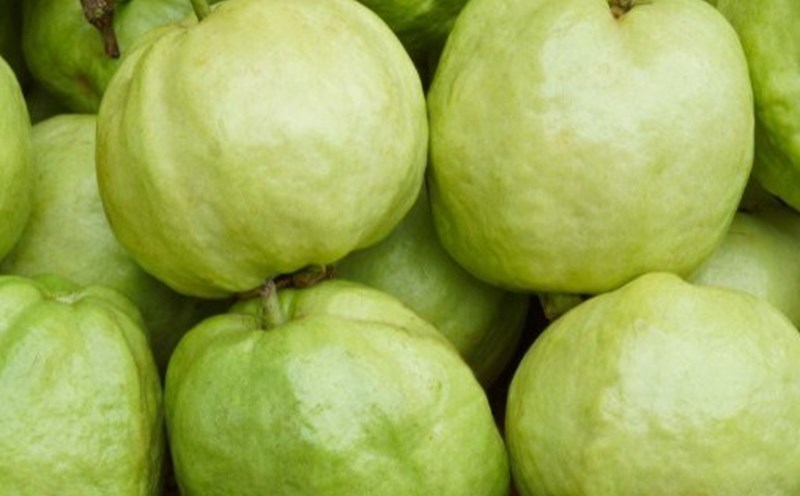Several studies have shown that consuming cabbage can aid in blood sugar control, especially for people with diabetes.
Cabbage is high in fiber and antioxidant compounds like glucosinolates, which may help improve insulin sensitivity, according to a Harvard study. The fiber in cabbage slows down the digestion and absorption of carbohydrates, which helps control blood sugar levels after meals. A study published in the American Journal of Nutrition found that increasing your fiber intake may reduce your risk of type 2 diabetes.
Cabbage is also rich in vitamin K and vitamin C, which have positive effects on overall health. The World Health Organization recommends that green leafy vegetables such as cabbage be included in the daily diet to maintain health and prevent disease. Regular consumption of cabbage can significantly reduce the risk of metabolic problems, including diabetes.
How you eat cabbage to maximize its blood sugar-lowering benefits is also important. Cabbage can be added to meals in many ways, such as boiled, stir-fried, or made into salads. But it is important to note that lightly cooking cabbage will increase the ability to absorb nutrients without losing beneficial compounds. In particular, avoid cooking with too much fat or sugary seasonings.
Adding cabbage to your daily diet will not only help lower blood sugar levels but also provide many other health benefits. The combination of fiber, vitamins and antioxidant compounds in cabbage is why this vegetable should be an essential part of the diet of people managing diabetes.











